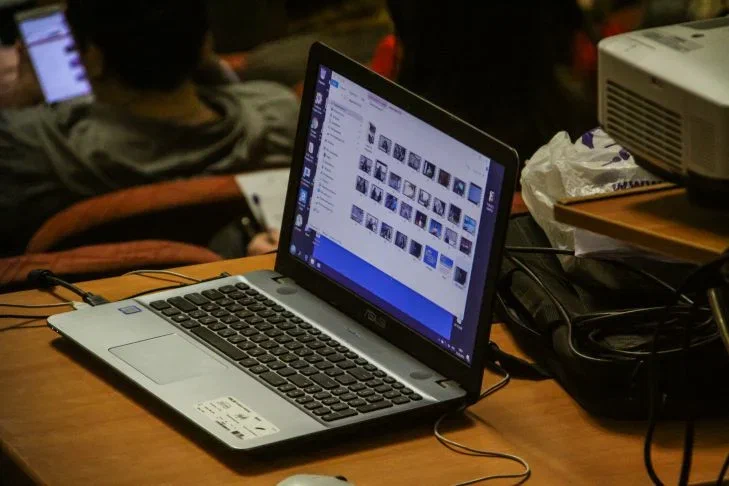Are you sure your child is just liking memes and texting friends?
A 2023 study in the Journal of Adolescent Health revealed a frightening truth: 67% of teens participate in online communities that their parents have no idea about.
Psychologist Liana Rotter , author of the bestselling book "Digital Generation: Who Raises Your Kids?", says: "Parents live under the illusion that they are in control. But teenagers are masters at hiding their digital lives."

Secret 1: Virtual "doubles"
Your child may be running a second account under a fake name. As 15-year-old Anya (not her real name) put it: “My mom thinks my Instagram is all cat photos. I actually have a page where I discuss depression with strangers.”
Experts from the Cyberpsychology Journal warn that such “doubles” often become a platform for risky experiments with identity.
Secret 2: Secret Challenges
Remember the Tide Pod Challenge? Today, teens participate in games like “Get Out of the House for 24 Hours” — escaping from home for the sake of social media likes.
Harvard psychiatrist Michael Smith says: "These challenges are a way to escape reality. But parents only find out about them when their child is hospitalized."
Secret 3: Shopping via Telegram
Teenagers are using encrypted messengers en masse to exchange prohibited content.
"My son downloaded the app to buy a fake ID for a party," says the father of 16-year-old Maxim. According to Forbes , 34% of teenagers have participated in such transactions at least once.
Secret 4: Digital Addiction
Games, streams, endless scrolling are not just “hobbies”.
Neurobiologist Emilia Clarke has proven that the brain of a teenager who spends 6+ hours on social networks changes in the same way as with gaming addiction. Her findings were confirmed by The Lancet : such children have a 40% higher risk of anxiety disorders.
Secret 5: Social networks as a weapon
Cyberbullying, leaking personal photos, bullying in closed chats - 58% of teenagers have encountered this, but only 12% have told their parents.
“My daughter spent a month hiding the fact that her classmates had created a fake account about her with obscene memes,” admits the mother of 14-year-old Katya.
What to do? Don’t panic, but take action. Dr. Rotter advises: “Replace surveillance with dialogue. Ask: What would you do if you encountered something dangerous online?”
An anonymous Pew Research Center survey found that 73% of teens are willing to open up if they feel supported, rather than controlled.
